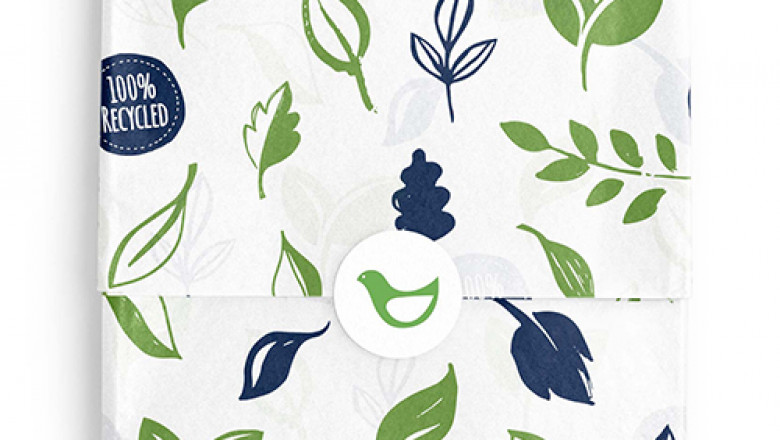views
Eco-certification has become a key differentiator for retail brands striving to demonstrate environmental stewardship. One often-overlooked element in these operations is tissue paper. When sourced and used thoughtfully, tissue paper supports sustainability goals, enhances customer experience, and helps retailers meet stringent eco-certified standards.
1. Reinforcing Sustainable Sourcing
Eco-certified retail operations require materials from responsibly managed sources. Tissue paper made from FSC- or PEFC-certified forests ensures that pulp is harvested without harming ecosystems. By integrating certified tissue paper into packaging and displays, retailers showcase their commitment to ethical sourcing.
2. Meeting Regulatory Requirements
Many eco certifications and green building standards mandate reductions in virgin fiber use and clear documentation of supply chains. Using certified tissue paper aligns with these requirements by providing chain-of-custody documentation, helping retailers achieve or maintain certifications like LEED, B Corp, or other regional eco labels.
3. Reducing Plastic Dependence
Retailers aiming to cut single-use plastics can replace plastic-based packaging fillers with tissue paper. Its lightweight, flexible nature offers effective cushioning for fragile goods while remaining fully recyclable or compostable. This switch supports a circular economy and minimizes reliance on petroleum-based materials.
4. Enhancing Compostability
Eco-certified operations often feature onsite composting or partner with composting services. Unlike many packaging materials, tissue paper breaks down rapidly in compost, returning nutrients to soil. This compostability makes tissue paper a preferred choice for wrapping fresh or perishable items in grocery or farm-to-table retail settings.
5. Aligning with Consumer Expectations
Today’s eco-aware shoppers look for visible signs of sustainability. Seeing branded or neutral-tone tissue paper with eco-credentials reinforces trust. When customers unwrap purchases or use in-store services, the presence of sustainability-labeled tissue paper bolsters a retailer’s green image and encourages repeat business.
6. Streamlining Supply Chain Audits
Eco certifications require periodic audits of materials and processes. Bulk purchasing of certified tissue paper simplifies inventory tracking and reduces paperwork complexity. Retailers can easily demonstrate compliance by maintaining clear purchase records and certifications from tissue suppliers.
7. Enabling Versatile Applications
Tissue paper’s versatility makes it suitable for diverse retail uses—from gift wrapping and product protection to in-store displays and hospitality touchpoints. Eco-certified tissue paper can be used in clothing boutiques, cosmetics counters, and premium food packaging, providing consistent sustainability across multiple retail formats.
8. Balancing Cost and Sustainability
While eco-certified materials may carry a premium, bulk procurement and reduced reliance on multiple packaging components often offset the cost difference. Investing in certified tissue paper can lead to long-term savings by simplifying packaging SKUs and reducing waste disposal fees.
Conclusion
In eco-certified retail operations, tissue paper is a strategic material that supports sustainable sourcing, regulatory compliance, and enhanced customer perception. Its compostability and recyclability make it ideal for reducing plastic use and meeting circular economy goals. Retailers looking to elevate their eco credentials while maintaining brand identity can explore private label tissue paper options to deliver a cohesive, sustainable experience at every touchpoint.













Comments
0 comment